
The UN Convention on the Rights of the Child has been ratified by 196 countries and proclaims that “the child, by reason of his physical and mental immaturity, needs special safeguards and care, including appropriate legal protection, before as well as after birth”. Article 6 affirms every child has the right to life, survival, and development. Furthermore, children have a right to be cared for by their parents and should not be separated from them, as far as possible (Articles 7 and 9).
However, upholding the Rights of the Child in reality remains a major challenge. The European Standards of Care for Newborn Health (ESCNH) help support these rights from the beginning of life by serving as a reference for the development and implementation of binding standards and guidelines on a national and international level. European and national policy makers, hospital administrators, insurers, professional and patient associations, and industry should work together to bring the ESCNH into practice and to ensure quality, equity, and dignity for the smallest.
Watch our video below and find out why the European Standards of Care for Newborn Health are so important.
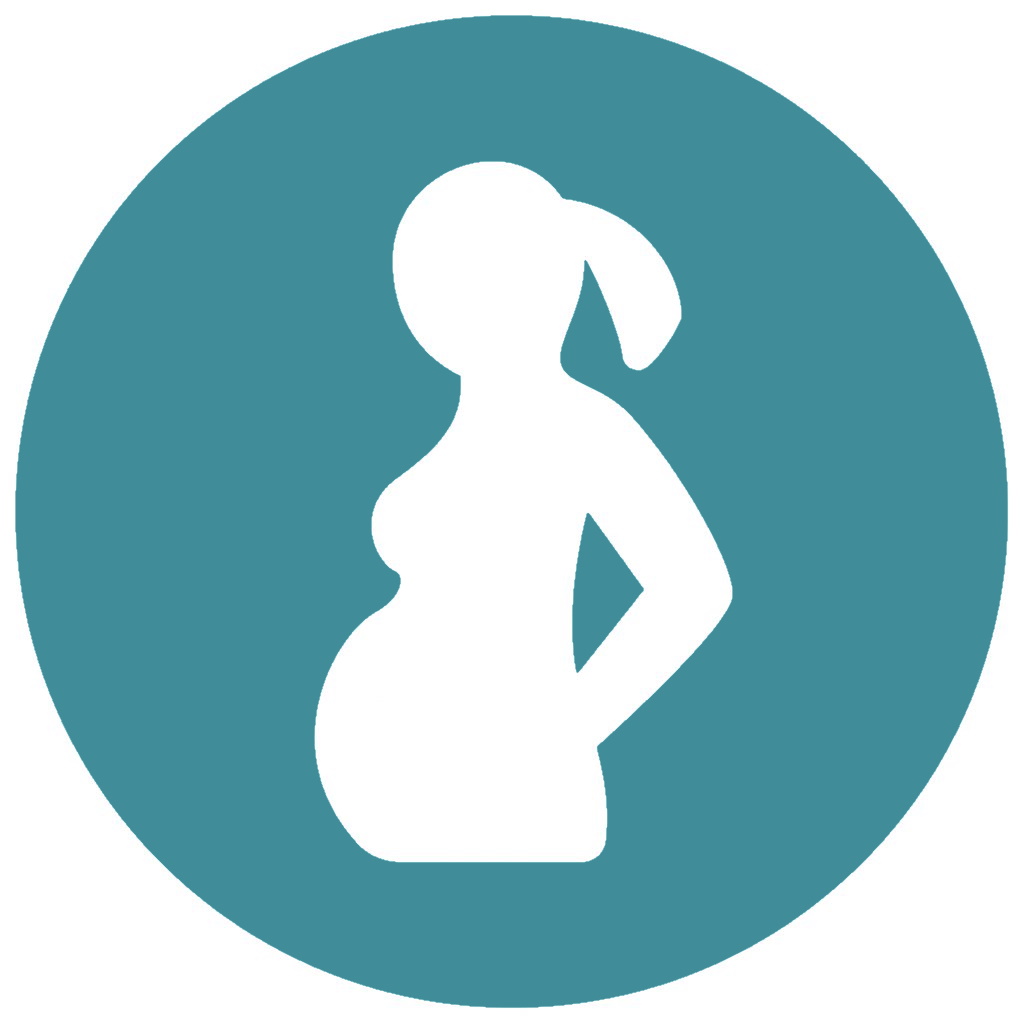
Identify women at risk for preterm birth early and avoid transfers that result in increased morbidity and mortality and the separation of mother and baby by providing treatment in specialised perinatal centres where maternal and newborn care are located together.
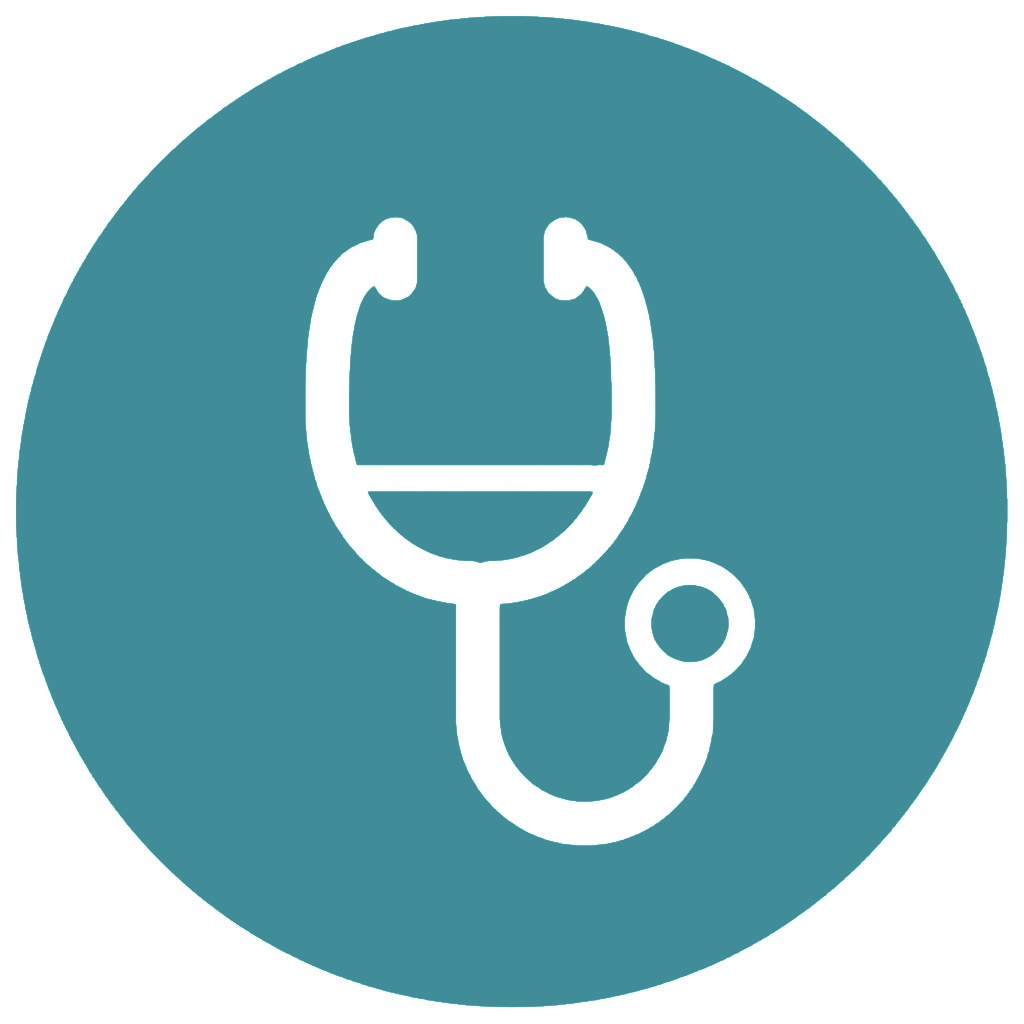
Commit to evidence-based healthcare by providing modern health technology and an adequate number of staff. Easily comprehensible information for parents on treatment and care procedures needs to be available all times.
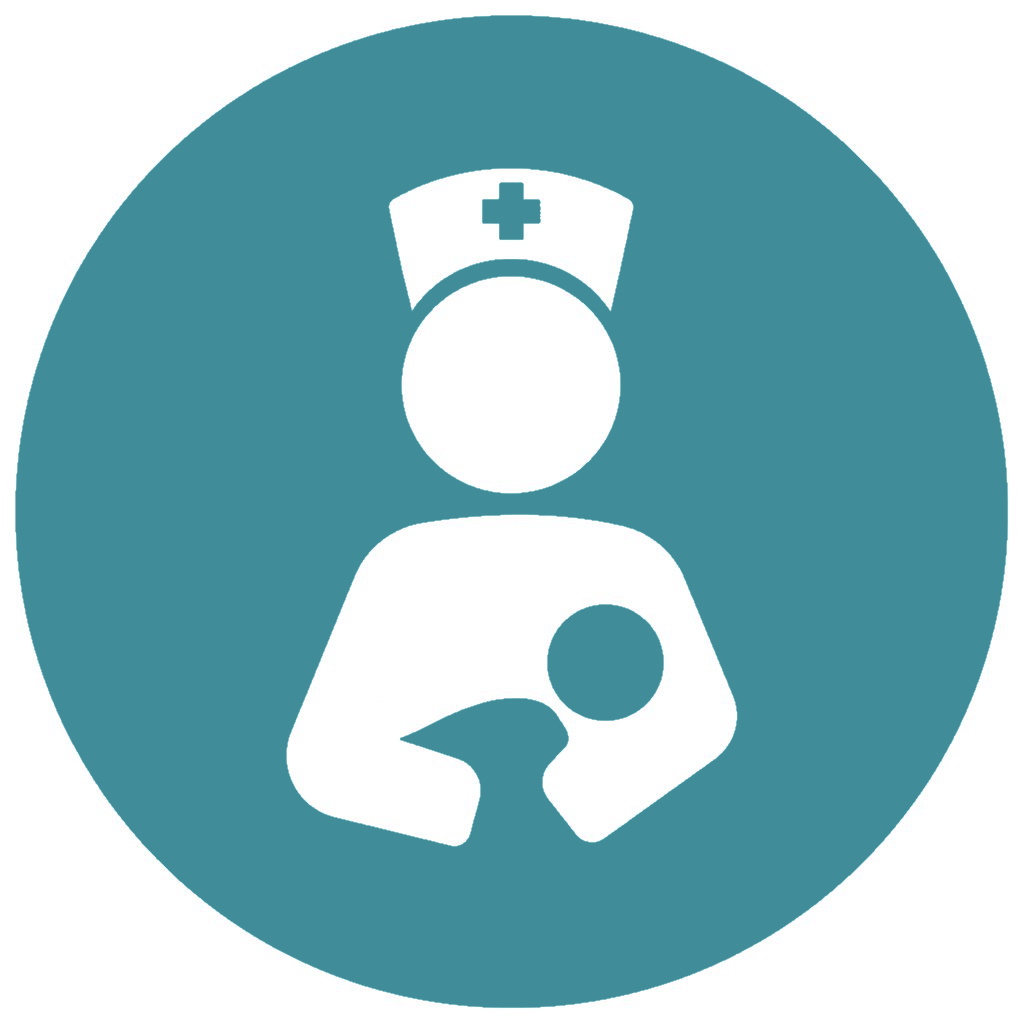
Provide sufficient specialist staff, particularly nurses and midwives, to ensure optimal care for babies.
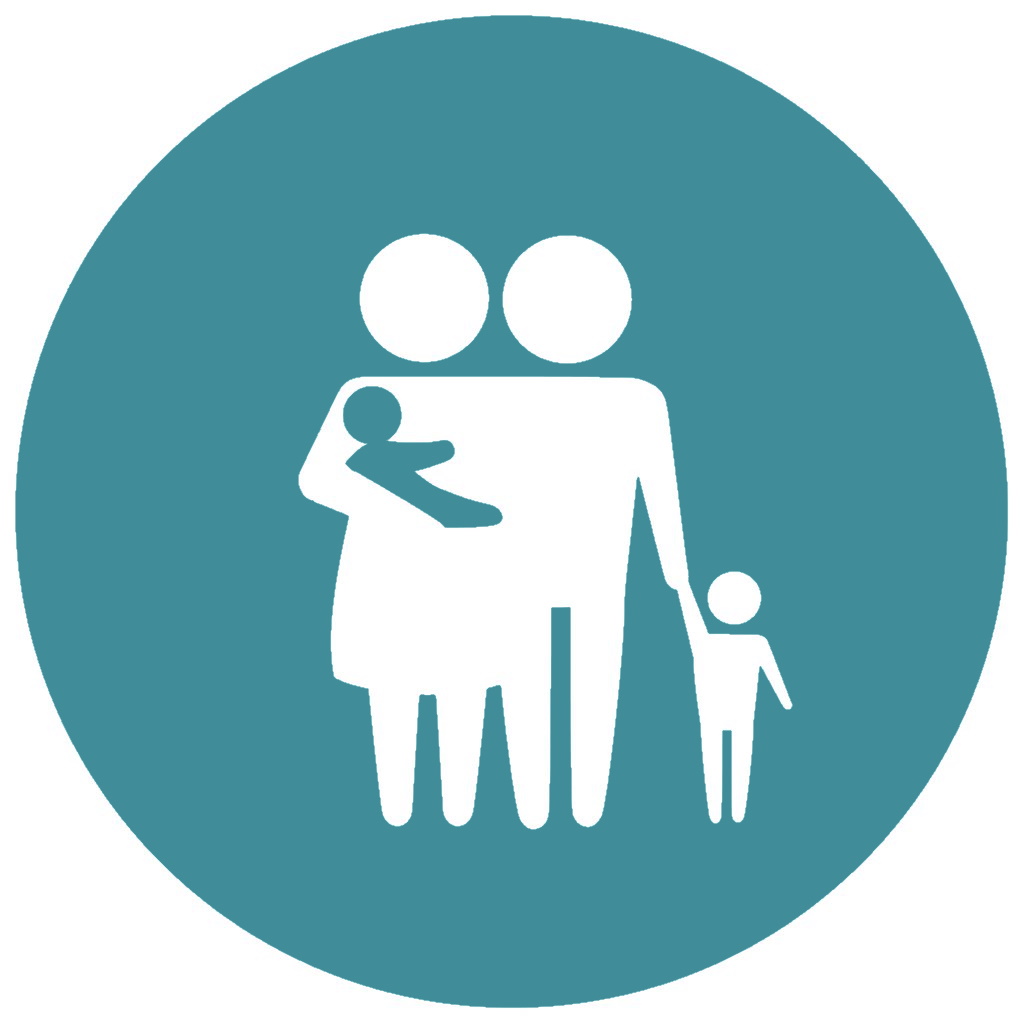
Support parents of newborn babies in their role as primary caregivers from admission to hospital, promote infant- and family-centred developmental care and ensure parents 24-hour access to their baby.
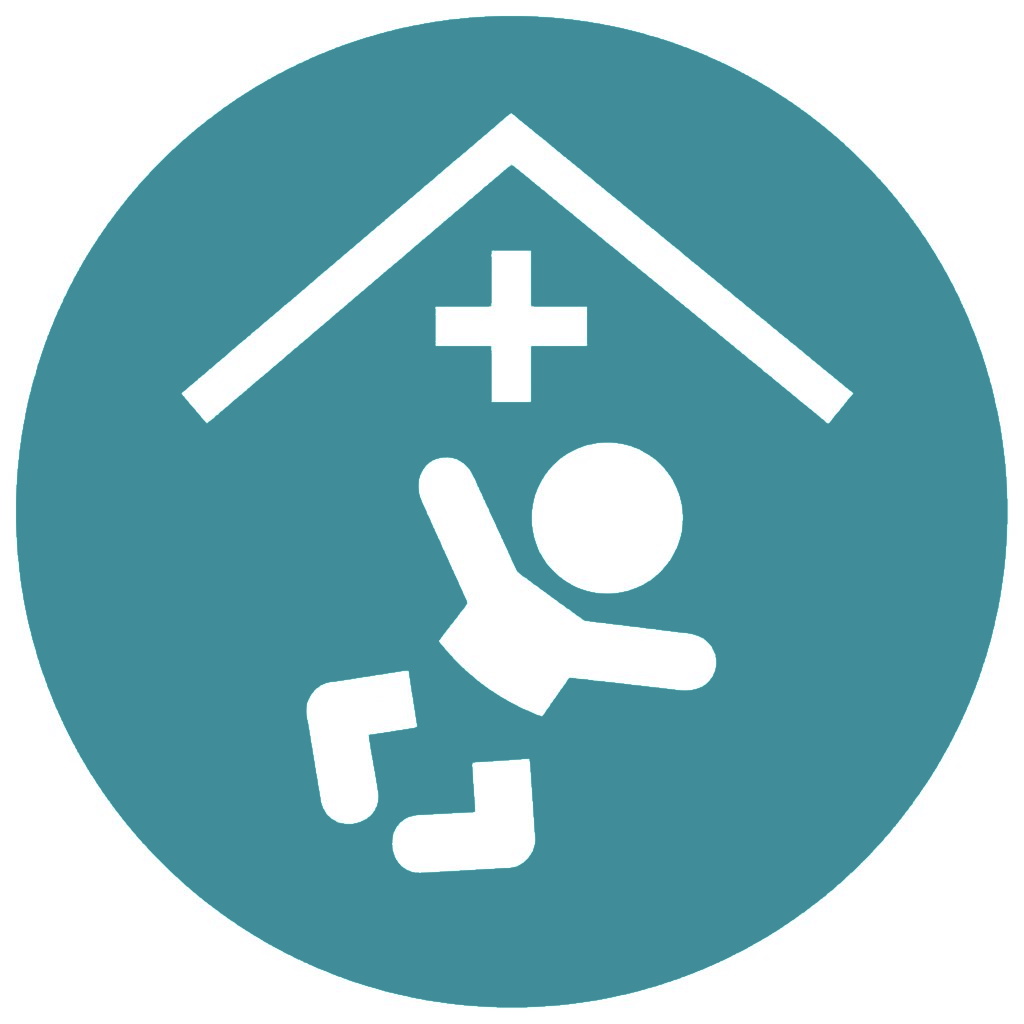
Follow guidelines and recommendations on clinical environment and interior design to reduce stressful events for the vulnerable baby and provide facilities for parents and families that are sensitive to their needs and allow privacy with their baby.
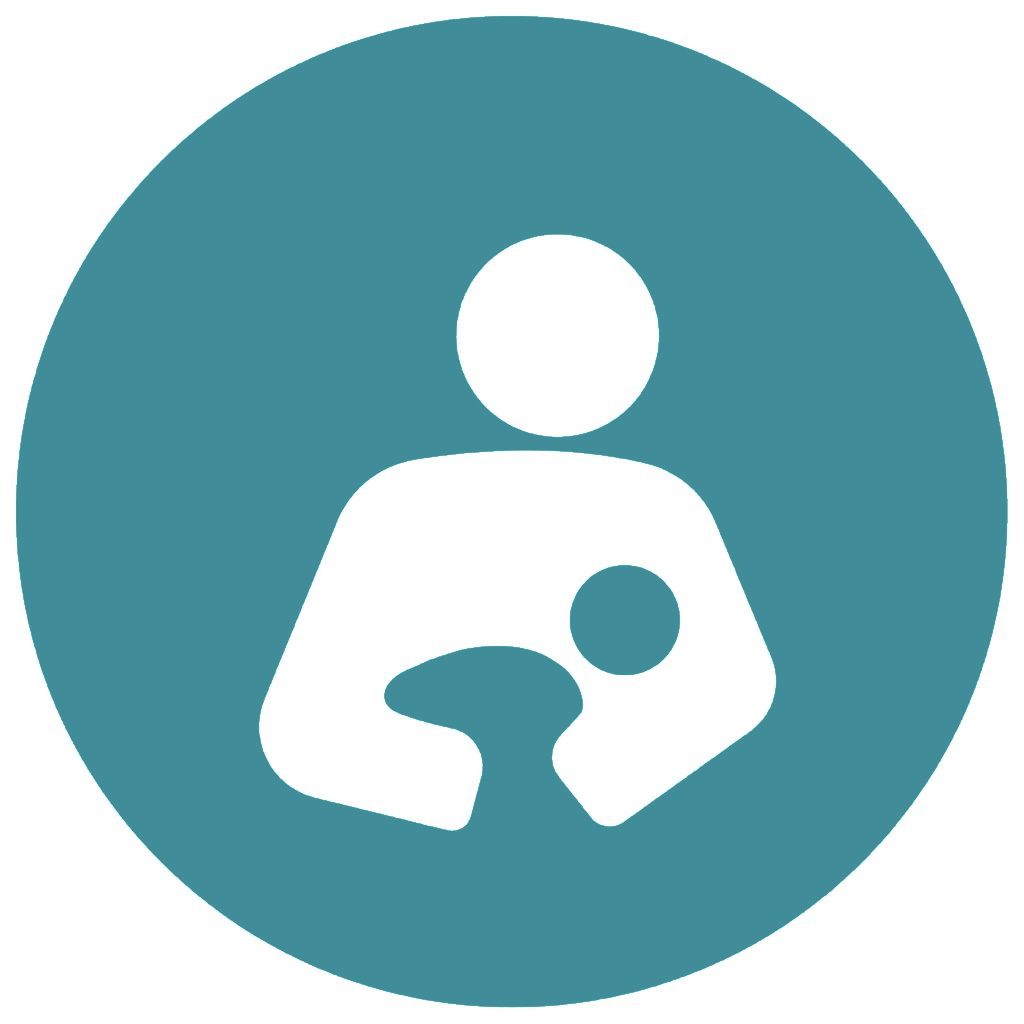
Make adequate resources available to support optimal nutritional care that meets the baby’s individual needs from the first day of life. Mother’s own milk should always be the first choice and breastfeeding needs to be supported.
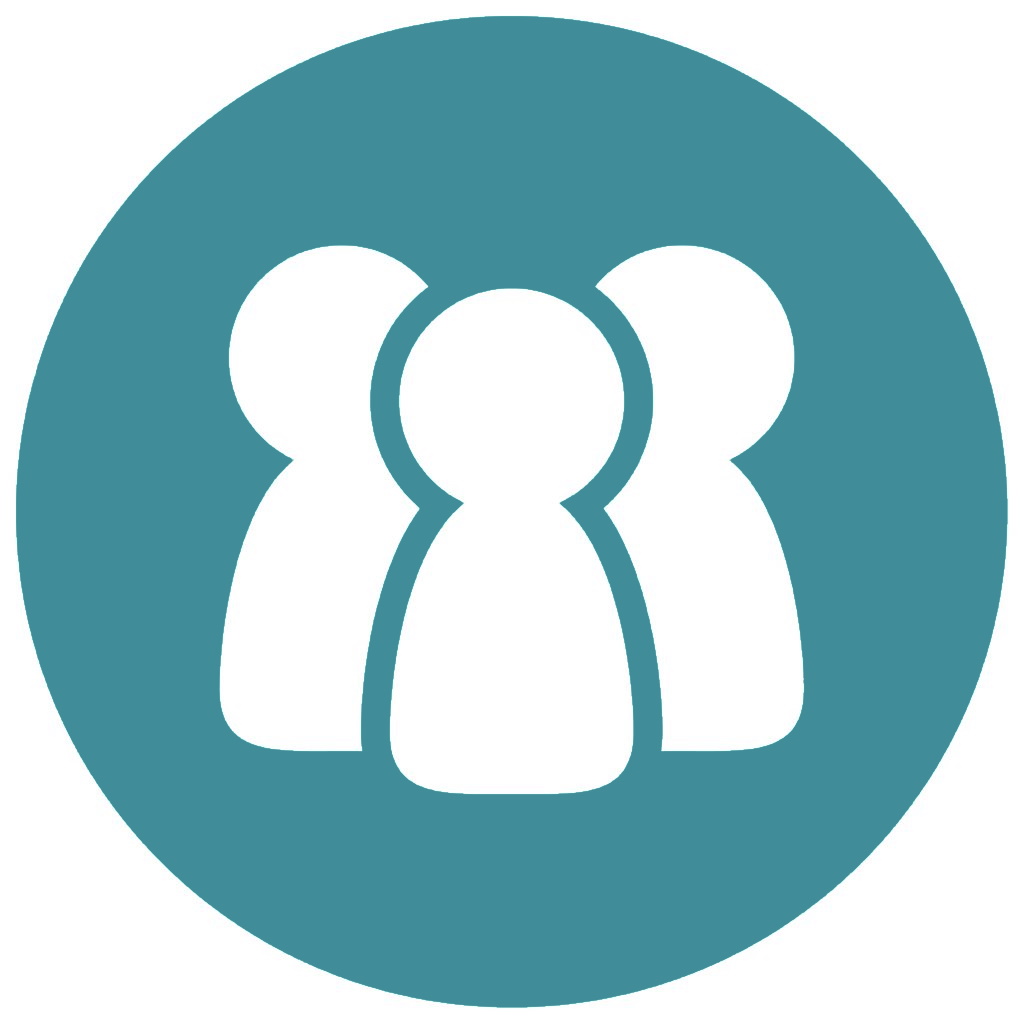
Promote shared decision-making between healthcare professionals and parents in ethically challenging situations. This includes providing psycho-social support for both, parents and healthcare professionals throughout the process.
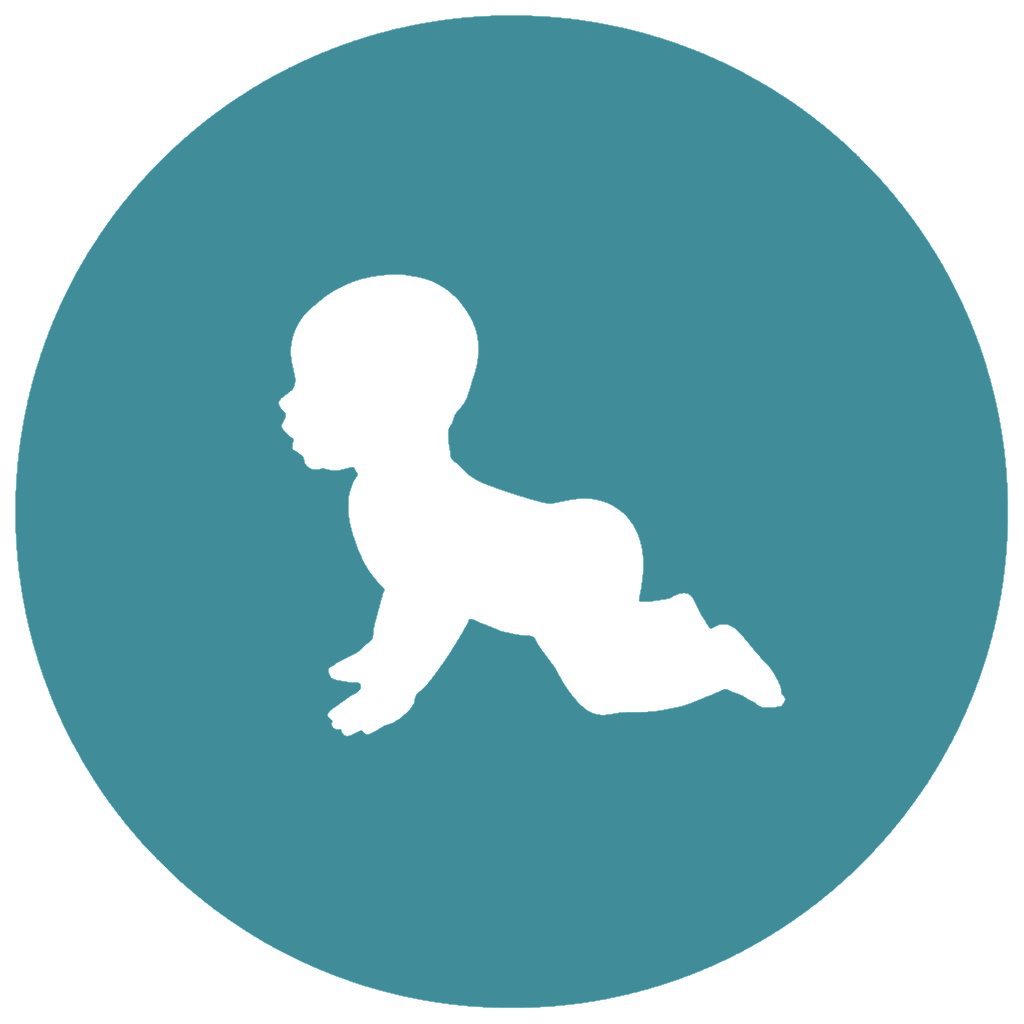
Support coordinated, specialised, and effective follow-up and continuing care services for babies and children at risk for later developmental difficulties, as well as for their families. This provides targeted and evidence-based preventive measures to optimise child health and development as an important basis for the health and well-being of the whole family.
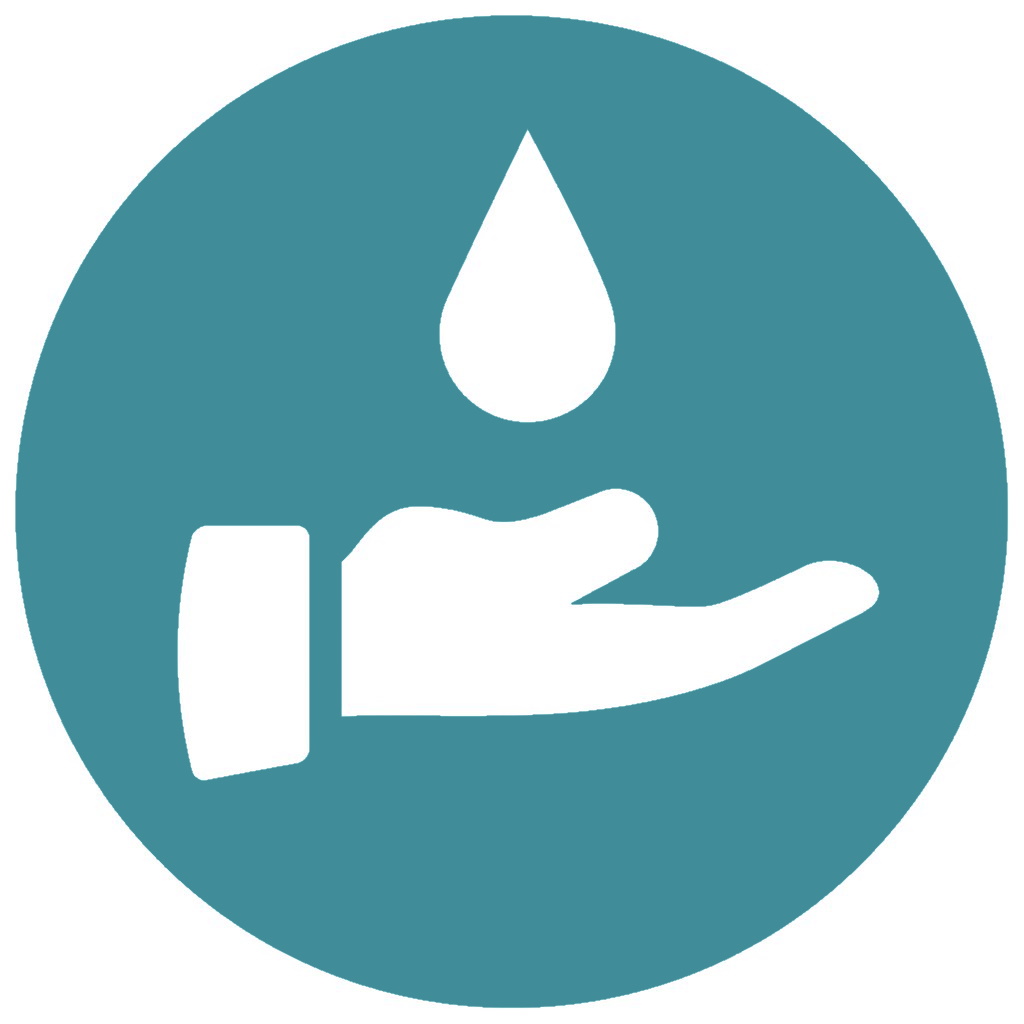
Ensure patient safety and adherence to hygiene practices by providing evidence-based information, equipment, and training for staff, parents, and visitors. This includes creating a blame-free error-reporting culture to improve healthcare quality and prevent adverse effects of care and treatment procedures.

Define and provide national and European-wide comparable datasets on pregnancy, birth, maternal, newborn, and child healthcare from conception into adulthood.

Ensure continuous education and training for all healthcare professionals working in maternal and newborn healthcare, including regularly updated curricula and training in sensitive communication and open interaction with parents.
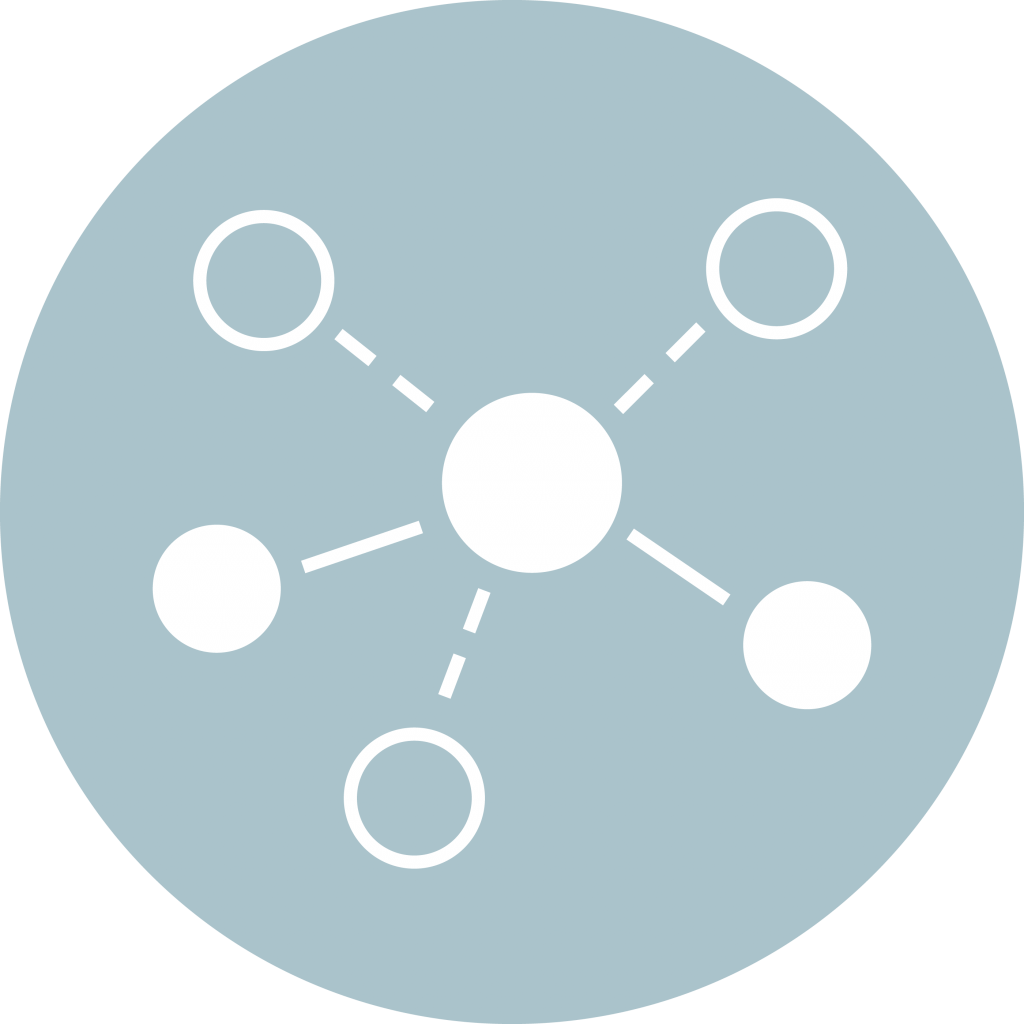
Establish national frameworks for strategies to minimise risks before, during, and after birth.

Define indicators for long-term health and developmental outcomes and create quality measurement tools to allow benchmarking within and between hospitals and countries.

Support research into maternal and newborn health, develop and implement clinical guidelines and protocols to ensure evidence-based care, reduce mortality and morbidity, and improve quality of life.
The Call to Action brochure (PDF) is available in 20 languages in our download section. If you would like to print the brochure yourself, we can also provide you with a high-resolution print file on request via standards@efcni.org
You are currently viewing a placeholder content from Facebook. To access the actual content, click the button below. Please note that doing so will share data with third-party providers.
More InformationYou are currently viewing a placeholder content from Instagram. To access the actual content, click the button below. Please note that doing so will share data with third-party providers.
More InformationYou are currently viewing a placeholder content from X. To access the actual content, click the button below. Please note that doing so will share data with third-party providers.
More Information